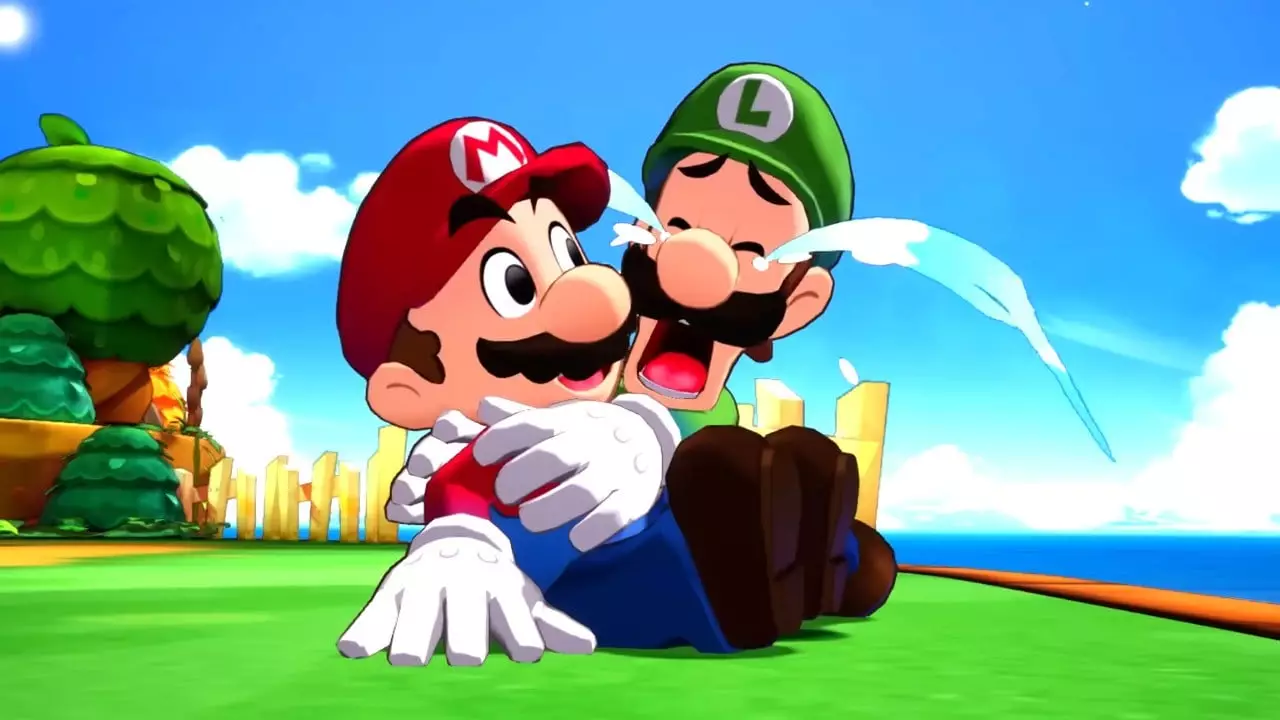In an age where digital media dominates, the battle for intellectual property rights has become increasingly prominent, particularly within the realm of gaming. Nintendo, a longstanding leader in the video game industry, finds itself embroiled in a controversial lawsuit against an individual linked to widespread piracy. The case against Jesse Keighin, better known as ‘EveryGameGuru’, underscores a growing concern over copyright infringement and its implications for creators and corporations alike.
Keighin’s actions underline a sense of defiance toward the established norms of intellectual property respect. By streaming pirated versions of Nintendo Switch games, he not only disregarded copyright laws but also encouraged others to partake in unauthorized access to games that are typically protected. Streaming gameplay of new, unreleased titles before they hit the market, he placed himself in direct opposition to Nintendo’s interests. His behavior signals a troubling trend in the gaming community, where the allure of accessible content often outweighs respect for creators and the hard work that goes into game development.
The Provocation of a Giant
Moreover, Keighin’s approach seems almost mocking, as he allegedly boasted to Nintendo about his tactics. According to the lawsuit, he communicated with arrogance, stating he had “a thousand burner channels” available for streaming, implying an intimidation factor in his flaunting of the law. Such provocations have not only irritated Nintendo but may also serve to galvanize their resolve in pursuing legal action against him. The ramifications of his stance could be extensive, casting a shadow over the streaming community and challenging the very fabric of how games are consumed.
Legal Ramifications and Industry Impact
Nintendo’s legal response is significant; the company is seeking a hefty $150,000 for each infringement, which, given the alleged fifty instances of unauthorized streaming, equates to a staggering potential total of $7.5 million. This figure reflects not only the seriousness with which Nintendo views its copyrights but also a broader trend of increased enforcement against piracy within the digital landscape. Should this lawsuit succeed, it may set a precedent that encourages other companies to adopt similarly rigorous stances against piracy, thereby influencing how content creators interact with potential infringers.
As this case unfolds, it serves as a reminder to consumers and creators alike about the importance of ethical practices in the digital age. The ease with which digital content can be shared and consumed has blurred the lines of legality, and incidents like these highlight the necessity of understanding copyright laws. Gamers who engage in or promote pirated content may view such actions as victimless, yet they ultimately undermine the very industry they enjoy.
Nintendo’s lawsuit against Keighin is more than a corporate grievance; it represents a critical juncture in the ongoing battle against digital piracy. As the gaming landscape evolves, the industry must grapple with the challenges posed by unauthorized content and the ethical obligations of consumers. The stakes have never been higher, and the outcome could reshape the way games are shared and enjoyed in the future.


Leave a Reply